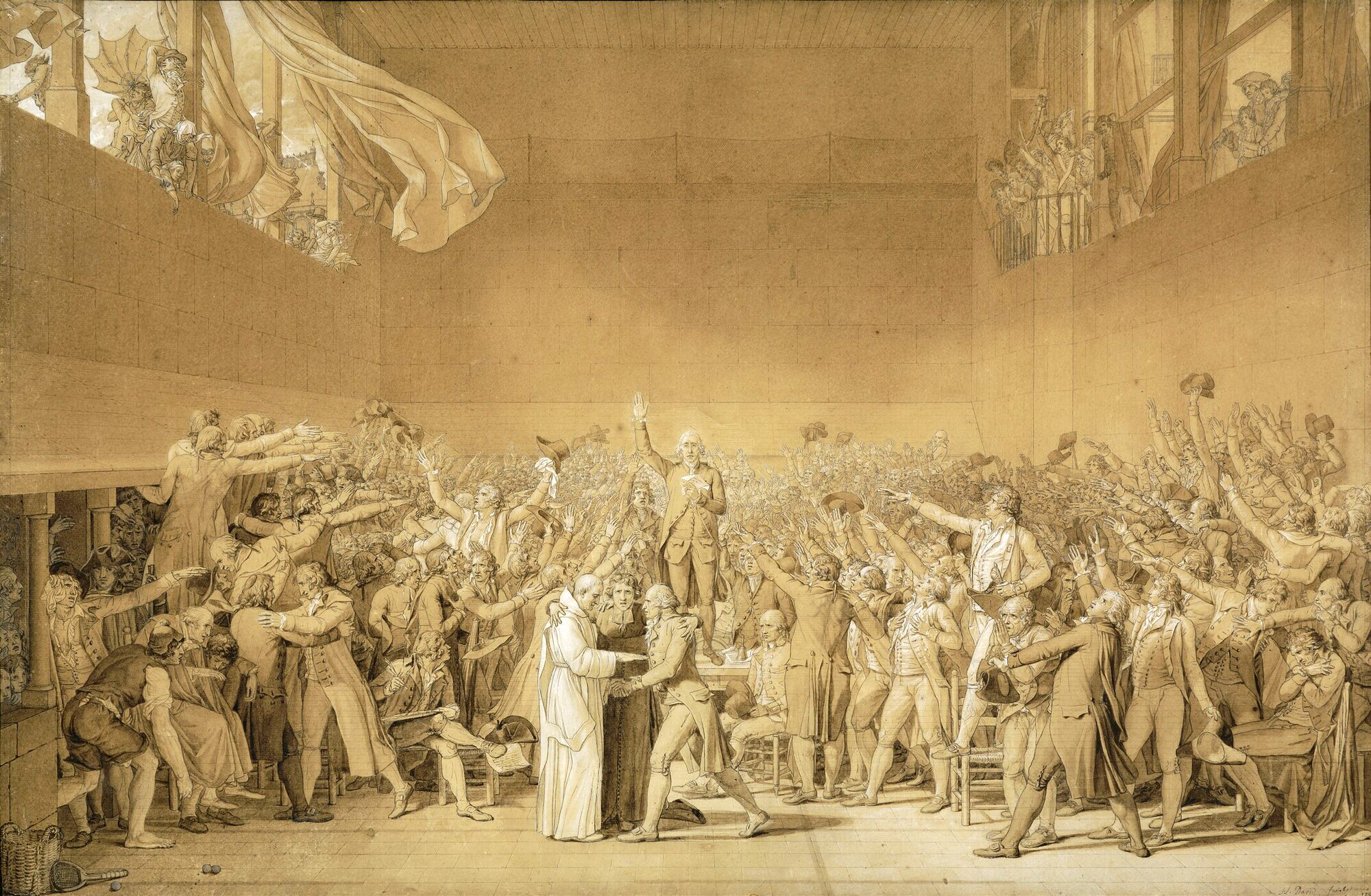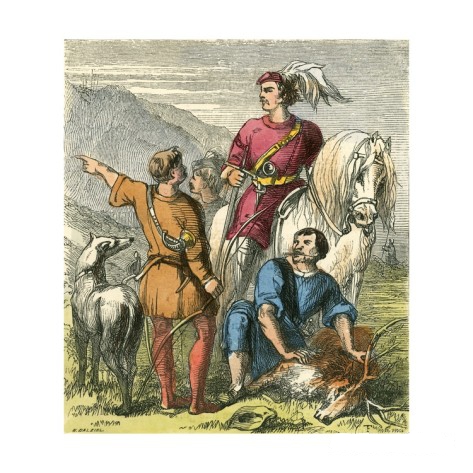|
William Bickerstaffe
William Bickerstaff or Bickerstaffe ( 18 August 1728 – 26 January 1789) was an English antiquarian, curate and schoolmaster. He was a well known character in his home county of Leicestershire, remembered for his humour and charity, with several of his letters printed posthumously in ''The Gentleman's Magazine'' and John Nichols (printer), John Nichols' historical works, because of their perceived quaintness. Bickerstaff is also remembered as a keen local antiquarian, writing articles and letters to fellow antiquarians on his historical researches. Early life William Bickerstaffe was born in August 1728, and baptised at Church of St Mary de Castro, Leicester, Church of St Mary de Castro, Leicester, on 18 August 1728. He was born as the third child and only son of the glazier and freeman William Bickerstaffe (–1739) and his wife, Hannah (1697–1769), daughter of Mary and Joseph How. On 29 December 1749, in his father's footsteps, he became a Freedom of the City, ... [...More Info...] [...Related Items...] OR: [Wikipedia] [Google] [Baidu] |
Wigston Magna
Wigston, or Wigston Magna, is a town in the Oadby and Wigston district of Leicestershire, England, just south of Leicester on the A5199 road, A5199. It had a population of 32,321 in 2011. Geography Wigston is south of the city of Leicester, at the centre of Leicestershire and the East Midlands. Oadby is to the east, connected by the B582 road. To the west along the B582, or Blaby Road is South Wigston, . The Grand Union Canal runs along a southern route below Wigston from Newton Harcourt , Kilby Bridge , and for several miles through South Wigston, Glen Parva , Blaby and on towards Leicester. Wigston's population of approximately 32,000 live in both the post-war private suburban housing estates surrounding the old town centre, and the 19th century buildings now sandwiched between modern housing developments. The oldest of the post-war developments is Wigston Fields north of Wigston towards Knighton, Leicester, Knighton and Leicester; the Meadows and Little Hill estates were ... [...More Info...] [...Related Items...] OR: [Wikipedia] [Google] [Baidu] |
Education In Leicester
Education is the transmission of knowledge and skills and the development of character traits. Formal education occurs within a structured institutional framework, such as public schools, following a curriculum. Non-formal education also follows a structured approach but occurs outside the formal schooling system, while informal education involves unstructured learning through daily experiences. Formal and non-formal education are categorized into levels, including early childhood education, primary education, secondary education, and tertiary education. Other classifications focus on teaching methods, such as teacher-centered and student-centered education, and on subjects, such as science education, language education, and physical education. Additionally, the term "education" can denote the mental states and qualities of educated individuals and the academic field studying educational phenomena. The precise definition of education is disputed, and there are disagreements ... [...More Info...] [...Related Items...] OR: [Wikipedia] [Google] [Baidu] |
18th-century English Educators
The 18th century lasted from 1 January 1701 (represented by the Roman numerals MDCCI) to 31 December 1800 (MDCCC). During the 18th century, elements of Age of Enlightenment, Enlightenment thinking culminated in the Atlantic Revolutions. Revolutions began to challenge the legitimacy of monarchical and aristocratic power structures. The Industrial Revolution began mid-century, leading to radical changes in Society, human society and the Natural environment, environment. The European colonization of the Americas and other parts of the world intensified and associated mass migrations of people grew in size as part of the Age of Sail. During the century, History of slavery, slave trading expanded across the shores of the Atlantic Ocean, while declining in Russian Empire, Russia and Qing dynasty, China. Western world, Western historians have occasionally defined the 18th century otherwise for the purposes of their work. For example, the "short" 18th century may be defined as 1715� ... [...More Info...] [...Related Items...] OR: [Wikipedia] [Google] [Baidu] |
18th-century Antiquarians
The 18th century lasted from 1 January 1701 (represented by the Roman numerals MDCCI) to 31 December 1800 (MDCCC). During the 18th century, elements of Enlightenment thinking culminated in the Atlantic Revolutions. Revolutions began to challenge the legitimacy of monarchical and aristocratic power structures. The Industrial Revolution began mid-century, leading to radical changes in human society and the environment. The European colonization of the Americas and other parts of the world intensified and associated mass migrations of people grew in size as part of the Age of Sail. During the century, slave trading expanded across the shores of the Atlantic Ocean, while declining in Russia and China. Western historians have occasionally defined the 18th century otherwise for the purposes of their work. For example, the "short" 18th century may be defined as 1715–1789, denoting the period of time between the death of Louis XIV of France and the start of the French Revolution ... [...More Info...] [...Related Items...] OR: [Wikipedia] [Google] [Baidu] |
1789 Deaths
Events January–March * January – Emmanuel Joseph Sieyès publishes the pamphlet '' What Is the Third Estate?'' ('), influential on the French Revolution. * January 7 – The 1788-89 United States presidential election and House of Representatives elections are held. * January 9 – Treaty of Fort Harmar: The terms of the Treaty of Fort Stanwix (1784) and the Treaty of Fort McIntosh, between the United States Government and certain native American tribes, are reaffirmed, with some minor changes. * January 21 – The first American novel, ''The Power of Sympathy or the Triumph of Nature Founded in Truth'', is printed in Boston, Massachusetts. The anonymous author is William Hill Brown. * January 23 – Georgetown University is founded in Georgetown, Maryland (part of modern-day Washington, D.C.), as the first Roman Catholic college in the United States. * January 29 – In Vietnam, Emperor Quang Trung crushes the Chinese Qing forces in ... [...More Info...] [...Related Items...] OR: [Wikipedia] [Google] [Baidu] |
1728 Births
Events January–March * January 5 – The '' Real y Pontificia Universidad de San Gerónimo de la Habana'', the oldest university in Cuba, is founded in Havana. * January 9 – The coronation of Peter II as the Tsar of the Russian Empire takes place in Moscow. * January 29 – '' The Beggar's Opera'', the most popular theatrical production of the 18th century, is performed for the first time. The premiere takes place at the Lincoln's Inn Fields Theatre in London. Written by John Gay with music arranged by Johann Christoph Pepusch, the ballad opera is a satire of Italian opera. * February 28 – Battle of Palkhed: Maratha Peshwa Bajirao I defeats the first Nizam of Hyderabad, Nizam-ul-Mulk. * March 14 – Jean-Jacques Rousseau leaves Geneva for the first time. April–June * April 14 – Saint Serapion of Algiers, the first Mercedarian (of the Order of the Blessed Virgin Mary of Mercy) is canonized by Pope Benedict XIII. * ... [...More Info...] [...Related Items...] OR: [Wikipedia] [Google] [Baidu] |
William Gardiner (English Composer)
William Gardiner (15 March 1770, in Leicester – 16 November 1853) was an English composer who is best known for his hymns. He published two collections of his works: ''Sacred Melodies'' (1808) and ''Music and Friends'' (1838). Gardiner's promotion of Ludwig van Beethoven led to the first performances of Beethoven's music in England in 1794. In his ''Music and Friends'', Gardiner told the story of how the first work of Beethoven became known in Britain after arriving in a violin case of a priest fleeing the French Revolutionary army. Vegetarianism Gardiner was a teetotaller and vegetarian Vegetarianism is the practice of abstaining from the Eating, consumption of meat (red meat, poultry, seafood, insects as food, insects, and the flesh of any other animal). It may also include abstaining from eating all by-products of animal slau .... He lived on a milk and vegetable diet for several years but gave it up after a life-changing experience. Gardiner stated that on one occasio ... [...More Info...] [...Related Items...] OR: [Wikipedia] [Google] [Baidu] |
Ballad Of Chevy Chase
"The Ballad of Chevy Chase" is an English ballad, catalogued as Child Ballad 162 (Roud 223Sehere/ref>). There are two extant ballads under this title, both of which narrate the same story. As ballads existed within oral tradition before being written down, other versions of this once-popular song also may have existed. Its tune has been used by other, unconnected songs. Synopsis The ballads tell the story of a large hunting party upon a parcel of hunting land (or ''chase'') in the Cheviot Hills, a range of rolling hills straddling the Anglo-Scottish border between Northumberland and the Scottish Borders—hence, Chevy Chase. The hunt is led by Percy, the English Earl of Northumberland, against the wishes of the Scottish Earl Douglas, who had forbidden it. Douglas interprets the party's arrival as an invasion of Scotland and attacks. Only 110 people survive the bloody battle that follows. Historical basis Thomas Percy and scholar Francis J. Child noted similarities with ... [...More Info...] [...Related Items...] OR: [Wikipedia] [Google] [Baidu] |
Lining Out
Lining out or hymn lining, called precenting the line in Scotland, is a form of ''a cappella'' hymn-singing or hymnody in which a leader, often called the clerk or precentor, gives each line of a hymn tune as it is to be sung, usually in a chanted form giving or suggesting the tune. It can be considered a form of call and response. First referred to as "the old way of singing" in 18th-century Britain, it has influenced 20th-century popular-music singing styles. In 1644, the Westminster Assembly outlined its usage in English churches "for the present, where many in the congregation cannot read". Lining out spread rapidly to the Scottish churches where it has persisted longest in Britain. It has survived to the present day among some communities and contexts, including the Gaelic psalmody on Lewis in Scotland, the Old Regular Baptists of the southern Appalachians in the United States, and for informal worship in many African American congregations. History Lining out first ... [...More Info...] [...Related Items...] OR: [Wikipedia] [Google] [Baidu] |
Nonconformist (Protestantism)
Nonconformists are Protestant Christians who do not "conform" to the governance and usages of the established church in England, and in Wales until 1914, the Church of England. Use of the term ''Nonconformist'' in England and Wales was precipitated by the Restoration of the Stuart monarchy in 1660, when the Act of Uniformity 1662 renewed opposition to reforms within the established church. By the late 19th century the term specifically included other Reformed Christians ( English Presbyterians and Congregationalists), plus the Baptists, Brethren, Methodists, and Quakers. English Dissenters, such as the Puritans, who violated the Act of Uniformity 1558 – typically by practising radical, sometimes separatist, dissent – were retrospectively labelled as Nonconformists. In Ireland, the comparable term until the Church of Ireland's disestablishment in 1869 was Dissenter (the term earlier used in England), commonly referring to Irish Presbyterians who dissented from th ... [...More Info...] [...Related Items...] OR: [Wikipedia] [Google] [Baidu] |







